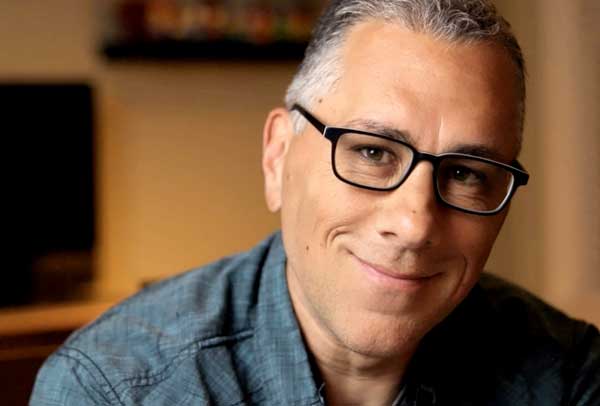Republished with permission from John Pavlovitz
In this life, there is devastation that human beings experience here that defies understanding: pain so all-consuming and loss so indescribable that wrapping our minds around it or explaining it is simply beyond capacity.
At times, nature and circumstance remind us all with breathtaking ferocity and blinding speed just how fleeting and fragile we are, how tenuous being here is; the velocity at which everything we know and own and hold dear can be ripped from us without warning or reason.
That is what we’ve watched unfold this week in California.
Millions of human beings, rich and poor, famous and anonymous; those of every religious affiliation and political leaning, people of every pigmentation, orientation, and delineation, found themselves thrust into a literal living hell that few of us will (thankfully), never have a front row seat for. Through terrifying cellphone videos and staggering drone footage, we’ve watched in real-time as other Americans were brought to grief and financial ruin and homelessness and to their knees.
There is more mourning and pain in this natural disaster alone than a nation can properly attend to. And while there will be efforts to connect the dots of this suffering to definable causes, much of it will ultimately remain elusive.
But there is another violence that may be far greater, an injury much more grievous, a very unnatural disaster that America has had visited upon us, even as the fires ravaged us, one that sadly can be identified: the cruelty of our neighbors.
As the acrid smoke swallowed up massive swaths of life and as walls of wind-whipped flames stream-rolled entire communities, so too, came the mindless viciousness of soon-to-be presidents, soulless billionaires, partisan media members, and millions of people whose respect for life and elemental compassion evaporated in the seconds it took them to compose a social media post.
And as insult to terrible injury came a simultaneous destructive firestorm of tribal war rhetoric, intentional disinformation, uninformed criticism, and general lack of basic human empathy.
America has shown how much damage we are willing to do to one another, regardless of what the weather or circumstances bring.
And when the violence of nature subsides, we’re going to have to reckon with the human-made terrors we’ve witnessed in their wake: not just the culpability we have in the conditions of the planet which birthed or sustained these wildfires (though that certainly necessitates difficult conversations). But more than that, we’re going to need to face the heartless lack of compassion that the flames exposed.
Yes, in the midst of the death and destruction, we have also seen the best of humanity rise up as well. We have watched selfless, goodhearted people throw away every meaningless, superficial, tribal label to risk their safety if not their very lives to rescue the imperiled life in front of them; human beings who did not fan the flames with reckless words exploding from poisoned hearts, those who choose to save and to rescue.
And when the last of the embers is finally extinguished and the rubble has cooled, and the scope and scale of the destruction and loss becomes clear, we are going to need more of these healers.
As California begins rebuilding, this nation is going to have to decide whether or not we’re going to accept the death of empathy on our watch: if we’re willing to step into scalding inferno of our national collective contempt for one another—and decide we will no longer stand for the friendly fire of this senseless cruelty anymore.
Here are some ways to help California and its residents:
- California Community Foundation’s Wildfire Recovery Fund
- American Red Cross
- World Central Kitchen
- Los Angeles Fire Department Foundation
- California Fire Foundation
- Los Angeles Regional Food Bank
- SoCal GoFundMe for victims and first responders

John Pavlovitz
John Pavlovitz is a writer, pastor, and activist from Wake Forest, North Carolina. A 25-year veteran in the trenches of local church ministry, John is committed to equality, diversity, and justice—both inside and outside faith communities. When not actively working for a more compassionate planet, John enjoys spending time with his family, exercising, cooking, and having time in nature. He is the author of A Bigger Table, Hope and Other Superpowers, Low, and Stuff That Needs to Be Said.
